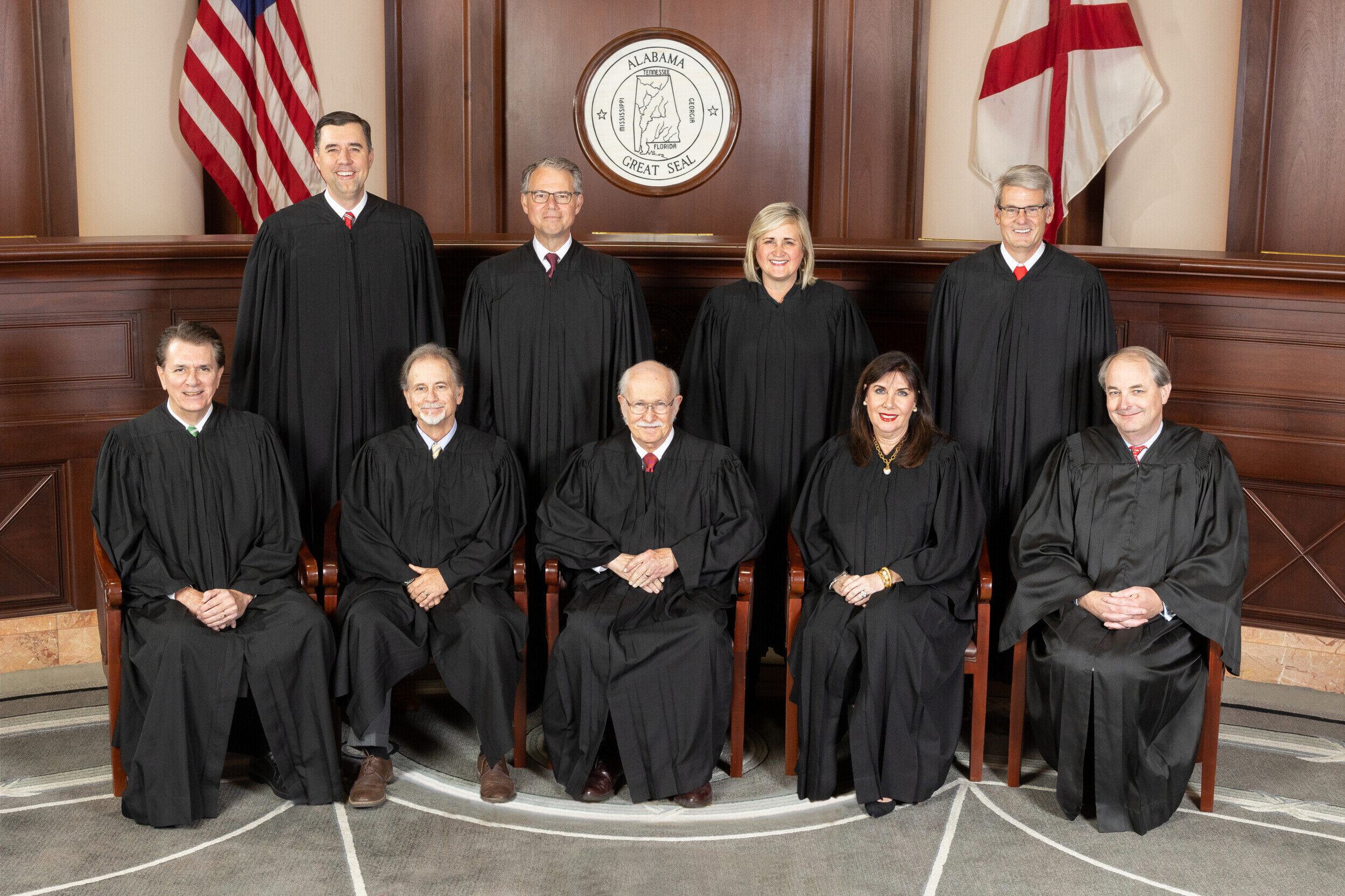The Alabama Supreme Court has officially set the date for the first-ever execution by nitrogen suffocation in the long saga of condemned killer Kenneth Eugene Smith.
Last year, the Alabama Department of Corrections (ADOC) called off Smith's execution after they were unable to establish an intravenous line to administer lethal injection.
Nitrogen hypoxia is a proposed execution method in which death would be caused by forcing the inmate to breathe only nitrogen. The process does not have a structured protocol, but it would involve replacing breathed oxygen with nitrogen, causing the individual to drift to sleep and die. Some have argued that the method would be more humane, while others have likened it to human experimentation.
It's authorized as an execution method in Alabama, Oklahoma and Mississippi but has never been attempted.
The Alabam Supreme Court ruling, combined with recently changed rules for carrying out death warrants in the state, means Smith will likely die on January 25, barring any appeals or actions on behalf of the United States Supreme Court.
Smith was one of two men convicted in the 1988 murder-for-hire of Elizabeth Sennett.
Sennett died after being stabbed eight times in the chest and once on each side of the neck. Court records show Smith and another man were paid $1,000 by Sennett's husband, Rev. Charles Sennett, to kill her. The reverend took his own life a week later, and the other suspect, John Forrest Parker, was executed in 2010.
Smith's attorneys attempted to force the state to forbid a second execution attempt, stating he had been "subjected to ever-escalating levels of pain and torture" in the botched lethal injection attempt.
To connect with the author of this story or to comment, email craig.monger@1819news.com.
Don't miss out! Subscribe to our newsletter and get our top stories every weekday morning.










